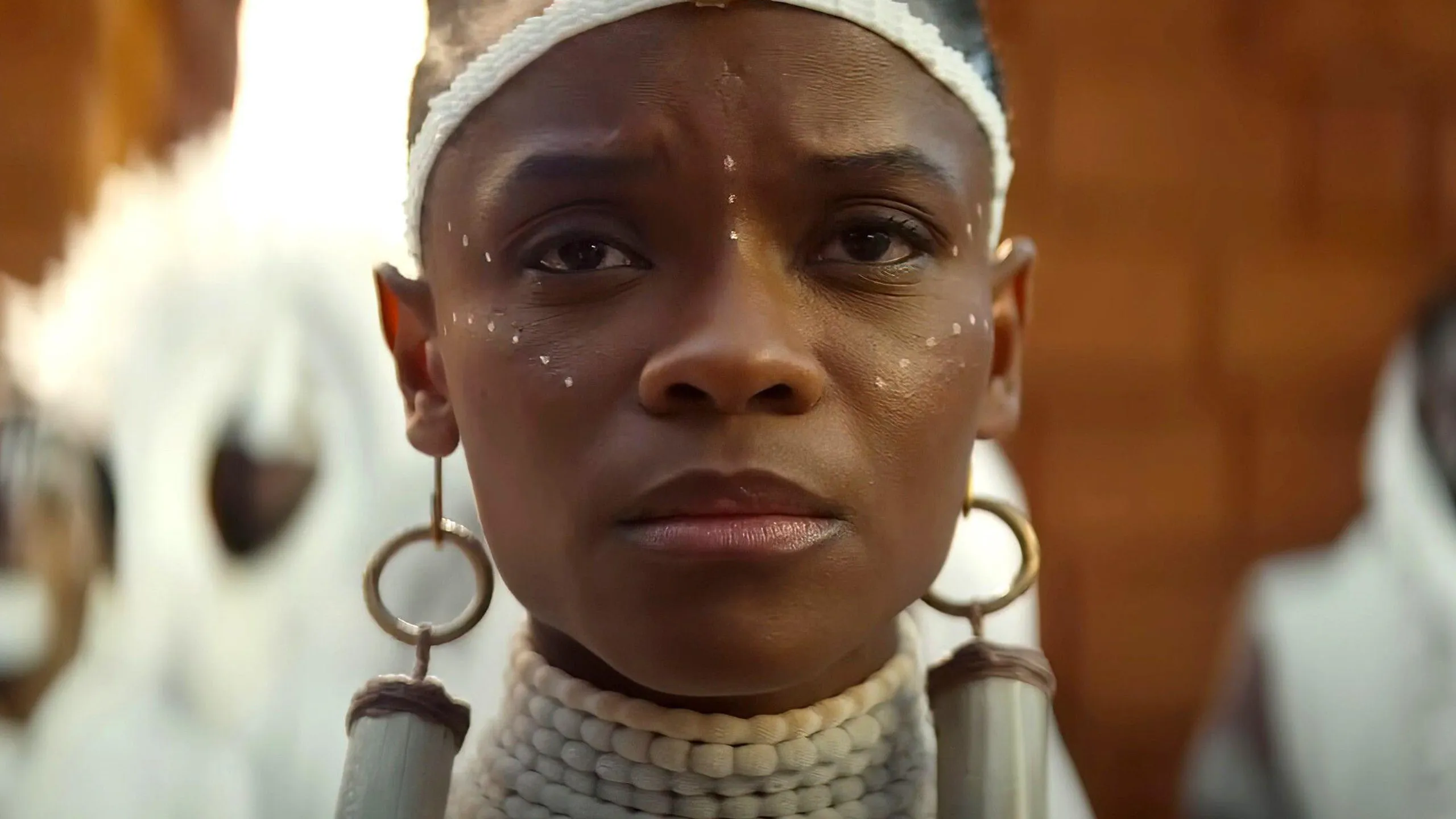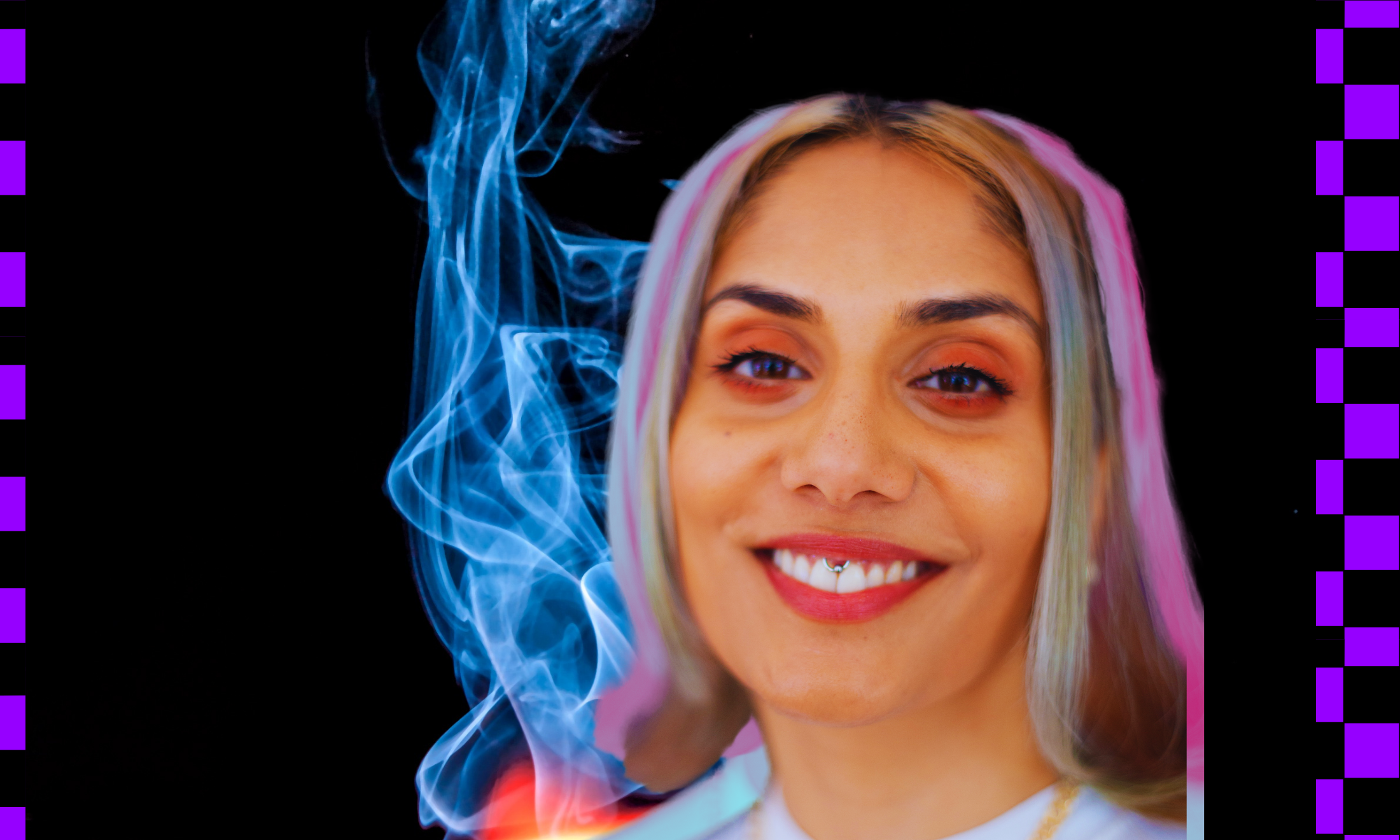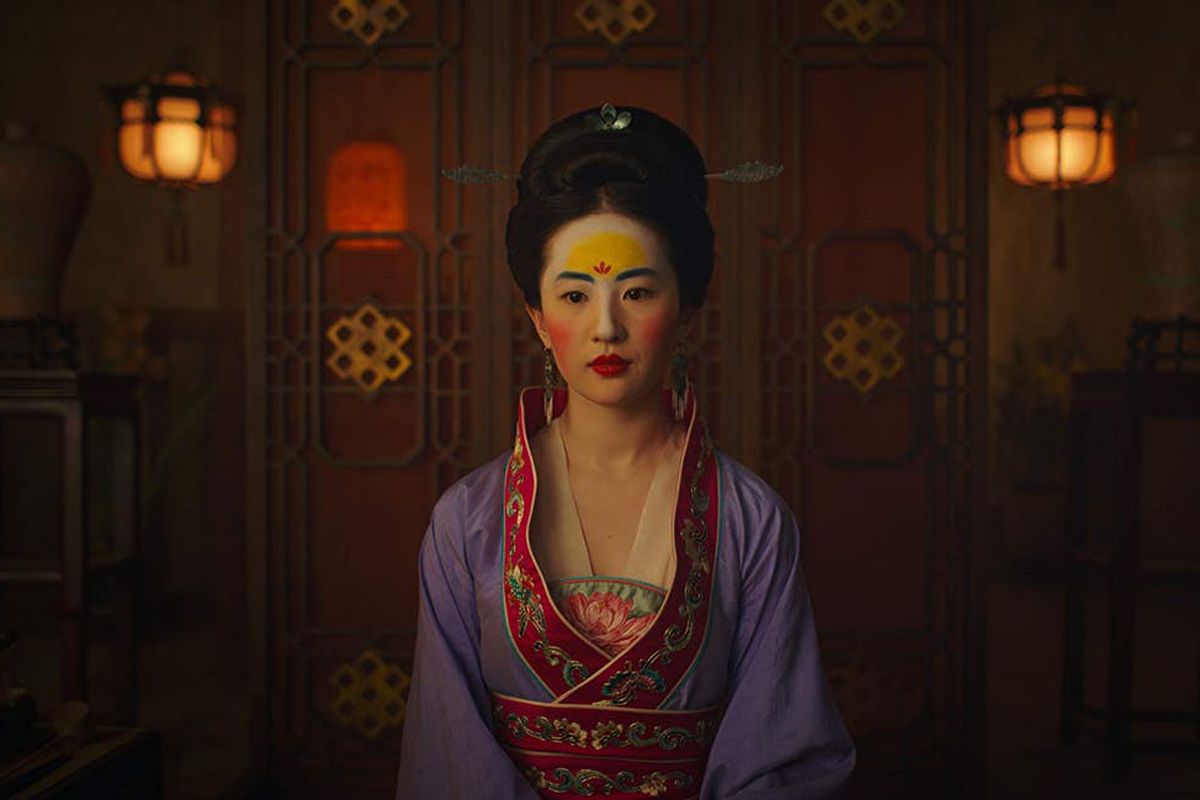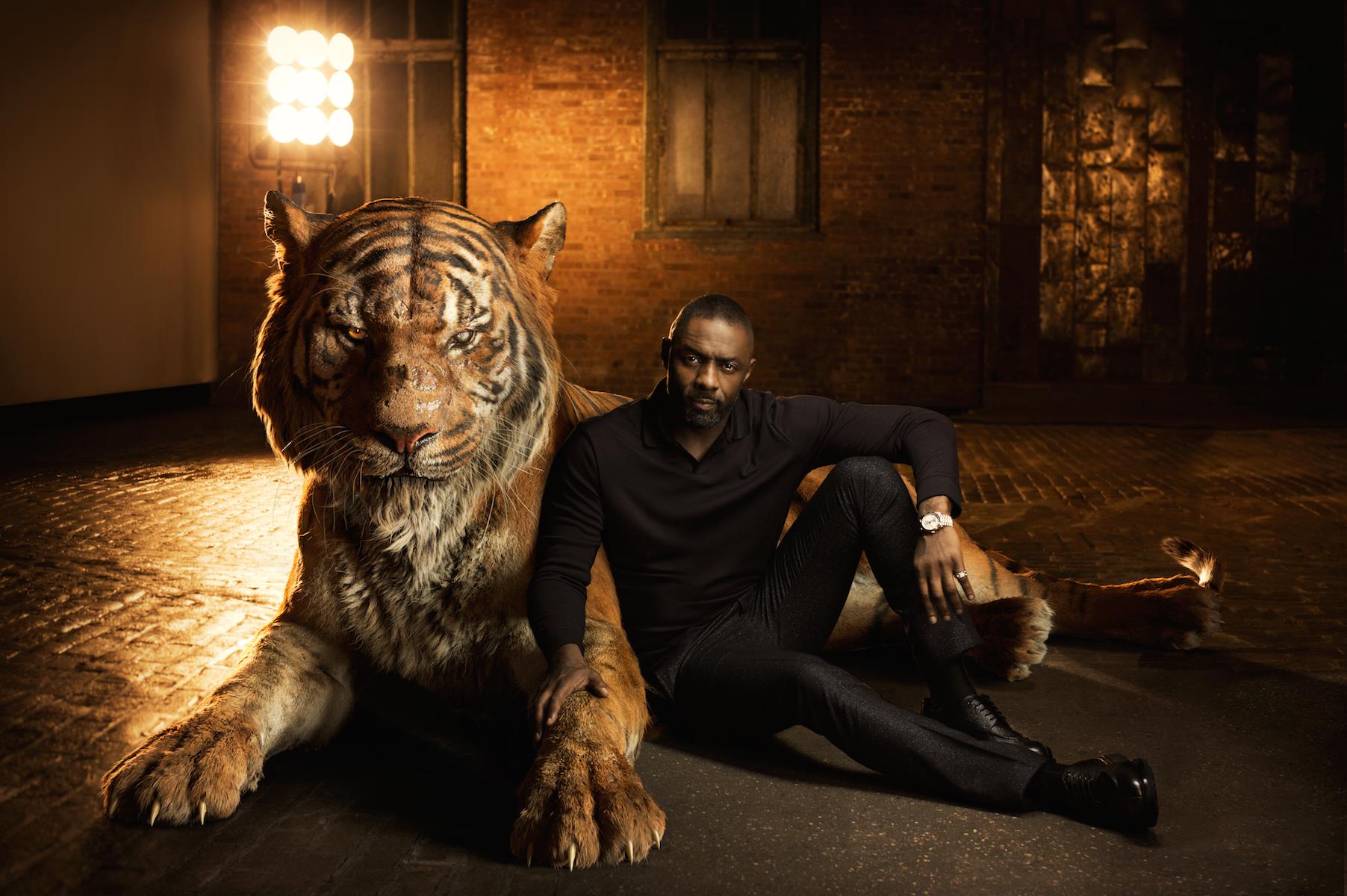
Does Disney’s cast for the new Jungle Book reflect issues in Hollywood’s casting of PoC?
Almass Badat
26 Mar 2016
I wish it were as simple as saying that The Jungle Book is set in India, with Indian characters, and should be played by Indian actors. Apparently not.
This week, Disney released the cast press images for the 2016 film version of Rudyard Kipling’s The Jungle Book. The film boasts a majority non-Indian cast. Why is the continued error in black and brown casting acceptable?
Disney’s version of the story tells the tale of orphaned baby Mowgli found by the black panther Bagheera, who raises him in the jungle with a pack of wolves. Using animal characters native to India throughout, The Jungle Book teaches Mowgli moral stories and life lessons. Like many of us, I grew up loving Disney for telling stories from around the world in sing-song, fun and imagination. There was all the drama, all the entertainment and all the magic – the perfect combination for family viewing.
 It was soon apparent that these narratives were instead exhibiting the Other. They were from the outside looking in, with the guise of the cartoon characters often of brown and black skin, yet often played by white actors. I began to distrust the narrators, in this case, Walt Disney and Rudyard Kipling. Whose voice was really being heard? Still, I allowed myself to be taken by fantasy and swept away by the triumphs of good versus evil and so, when I first heard that Disney was remaking The Jungle Book, I was excited. A chance to remake a childhood favourite? Yes!
It was soon apparent that these narratives were instead exhibiting the Other. They were from the outside looking in, with the guise of the cartoon characters often of brown and black skin, yet often played by white actors. I began to distrust the narrators, in this case, Walt Disney and Rudyard Kipling. Whose voice was really being heard? Still, I allowed myself to be taken by fantasy and swept away by the triumphs of good versus evil and so, when I first heard that Disney was remaking The Jungle Book, I was excited. A chance to remake a childhood favourite? Yes!
However, when the press images of this year’s cast released, my heart sank. Staring at me were fourteen actors, only three of whom were of South Asian descent, none of which were South Asian women. My waning excitement was quickly replaced with frustration when, upon searching through the Facebook comments, I could not find even one other person who also found this an issue to flag.
The three South Asian actors are Ben Kingsley, whose father is of Indian Gujarati descent and plays Bagheera, Neel Sethi, who plays Mowgli, and Ritesh Rajan, who voices Mowgli’s father. That’s three more than Disney’s 1967 version, which features an all-white cast. To add, the role of Mowgli’s father is a minor one, so in actual fact, there are two main Indian roles in 2016’s The Jungle Book. The other major characters, Shere Khan the terrifying tiger, Baloo the fun loving bear, Kaa the slithery snake and King Louie the orang-utan, are all voiced by non-Indian actors.
So how Indian is the story, really? Many of you will recall that The Jungle Book never really displayed any Indian accents, but simply alluded to South Asian culture for props, costume and setting. Therein lies the problem. The story written by Englishman Rudyard Kipling, made into a film by white American Walt Disney, and now made into another film by the Disney brand, commodifies South Asian culture. This isn’t new news though. It has always been Disney’s practise to re-voice black and brown characters with American and English accents, from The Lion King to Aladdin. It enforces the West’s vernacular as the default, stamping out the significance of the Other. Watch your favourite Person of Colour (PoC) Disney films back and you’ll find that heroes are almost always played with American accents.
However, villains, authority figures or comedic fools are primarily voiced with accents relating to the film’s location. The British accent is also often used as a tool used to signify power. Recall the accents of Aladdin versus Jafar and the Sultan, or Mulan versus Fa Zhou, her father. Where American accents are used on PoC characters, which is the majority of the time, this normalises the expectation that brown and black people should and do speak with a Western accent, making real-life native or indigenous accents appear foreign, scary or funny.
Bagh, the origin of Bagheera, literally means “tiger” or “large cat” in Hindi. Akela, the name of the wolf played by Giancarlo Esposito, translates directly from Hindi meaning alone, a play on the term “lone wolf”. Idris Elba’s character Shere Khan means “tiger king” or “lion king” in Punjabi, Urdu and Persian. No matter how Disney or Hollywood may try, The Jungle Book is a story about an indigenous Indian protagonist who grows up in the Indian Jungle. So how, in 1967, was it concluded that Mowgli and his friends have American and English accents?
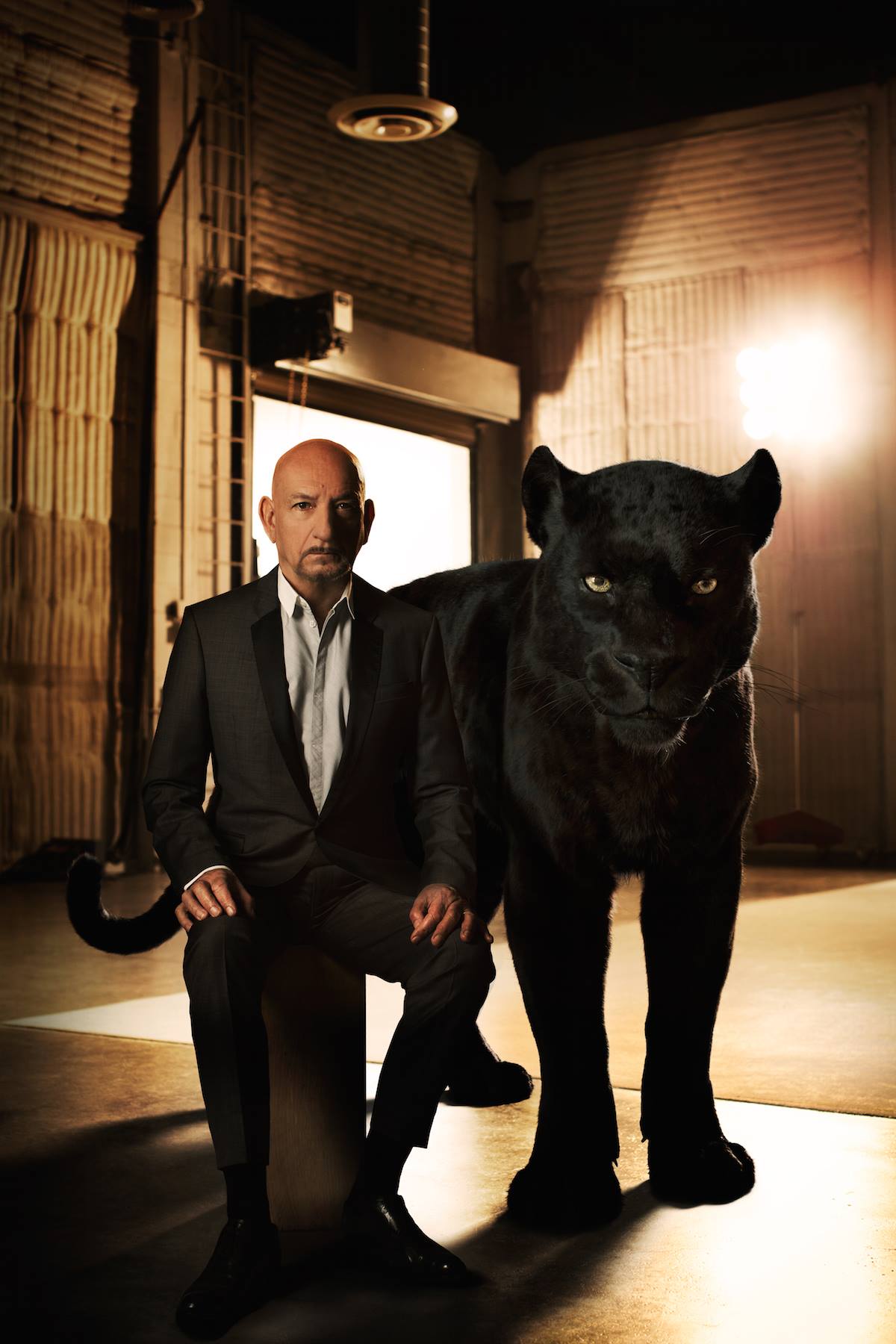 Focus on the casting of Idris Elba, Lupita Nyong’o, and Giancarlo Esposito as we already know that Scarlett Johansson (Kaa), Bill Murray (Baloo), Christopher Walken (King Louie), Saffron Burrows (the narrator) are abhorrent choices that resume the whitewashing of brown and black roles in the mainstream. Yet Elba, Nyong’o and Esposito, who aren’t Indian or Afro-Indian, are cast for major roles. Is it acceptable to just replace one PoC with another? Absolutely not. Based on accepting the parts, it is disappointing to witness the lack of the actors’ accountability for taking roles of South Asian characters. Even further disappointment lies with casting director Sarah Finn, who chose a Sierra Leonean-Ghanian man, a Mexican-born Kenyan woman and an Italian-African American man to play Indian characters.
Focus on the casting of Idris Elba, Lupita Nyong’o, and Giancarlo Esposito as we already know that Scarlett Johansson (Kaa), Bill Murray (Baloo), Christopher Walken (King Louie), Saffron Burrows (the narrator) are abhorrent choices that resume the whitewashing of brown and black roles in the mainstream. Yet Elba, Nyong’o and Esposito, who aren’t Indian or Afro-Indian, are cast for major roles. Is it acceptable to just replace one PoC with another? Absolutely not. Based on accepting the parts, it is disappointing to witness the lack of the actors’ accountability for taking roles of South Asian characters. Even further disappointment lies with casting director Sarah Finn, who chose a Sierra Leonean-Ghanian man, a Mexican-born Kenyan woman and an Italian-African American man to play Indian characters.
There are many excuses. Speaking on casting white actors in Exodus, Ridley Scott stated: “The short sharp crude answer is, I couldn’t get a film like that mounted for that kind of budget—we were $145 million, not $260 million, so that wasn’t bad– but to make Moses black and his wife Ethiopian? They never would have made the movie.” Why wouldn’t they have made the movie? Because it wouldn’t sell? Why wouldn’t black or brown sell? Isn’t that the million-dollar question?
Scott’s quotation above is a stark reminder of what we are up against, and why we cannot settle for anything less than accuracy. These choices tell us that a PoC is a PoC, and the quota ends there. These choices tell us that black and brown occupy the same space, and we are a homogenised group. These choices tell us that when casting gets even lazier, there are a ton of white actors that will black or brown up for the role. These choices tell us that sometimes they may not even need to, because the role was always intended for a white actor. These choices tell us that our origins and heritage do not matter, because Western accents override the colour of our skins. These choices tell us that the problem is wider than white actors, because there are more white producers, casting agents and directors to begin with.
It is not good enough that there are only three Indian people in The Jungle Book. It is not good enough that non-Indian black actors are used in place of Indian ones. This is disrespectful to both parties. It is not good enough that “we’ve come so far” – it is not hard to change the order of pattern if you will it, but they do not will it, so we must. It is deplorable that white actors are even considered for PoC roles, and I will not settle for the bare minimum.
We are individual and beautiful in our own identities, and demand to be recognised as such.

